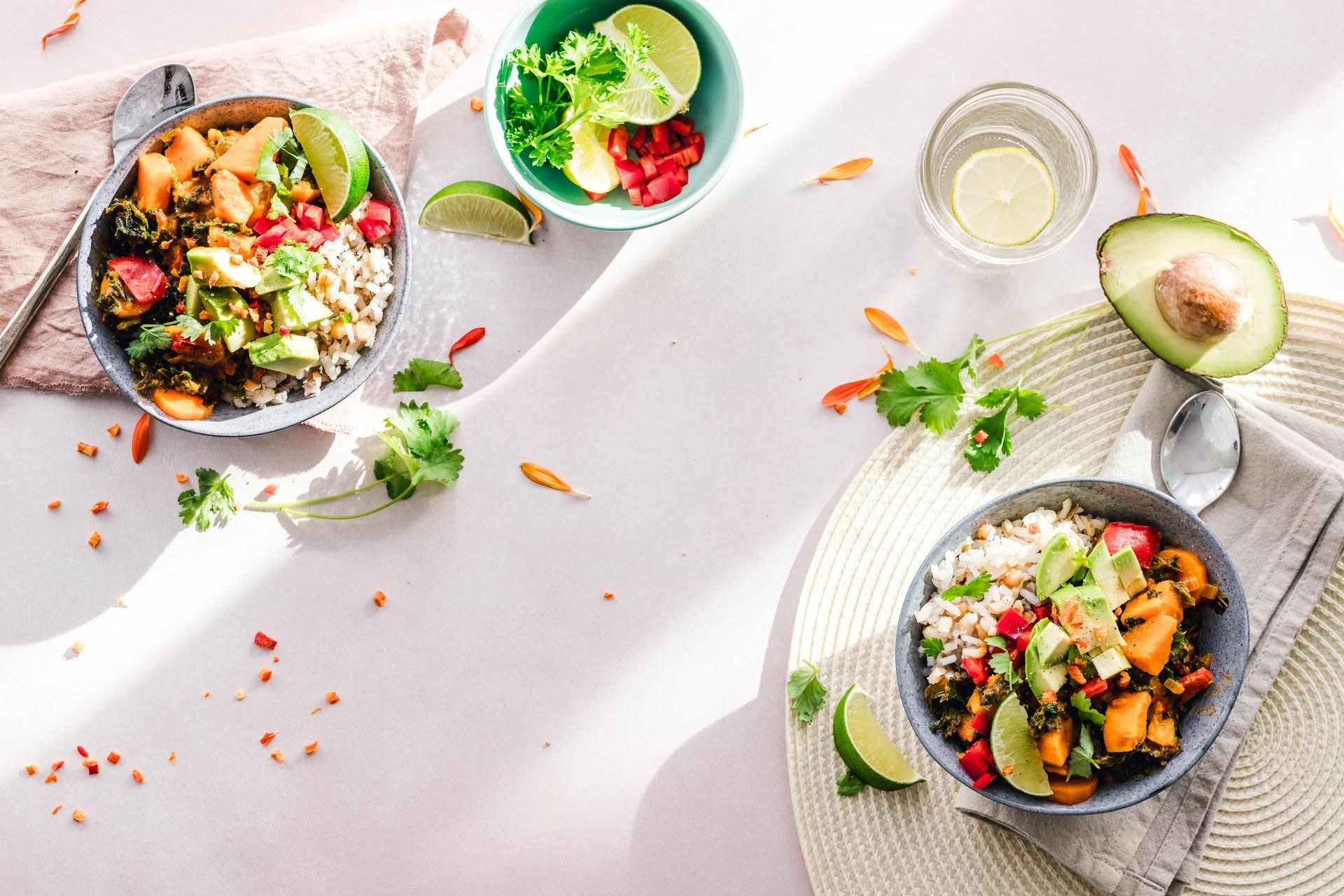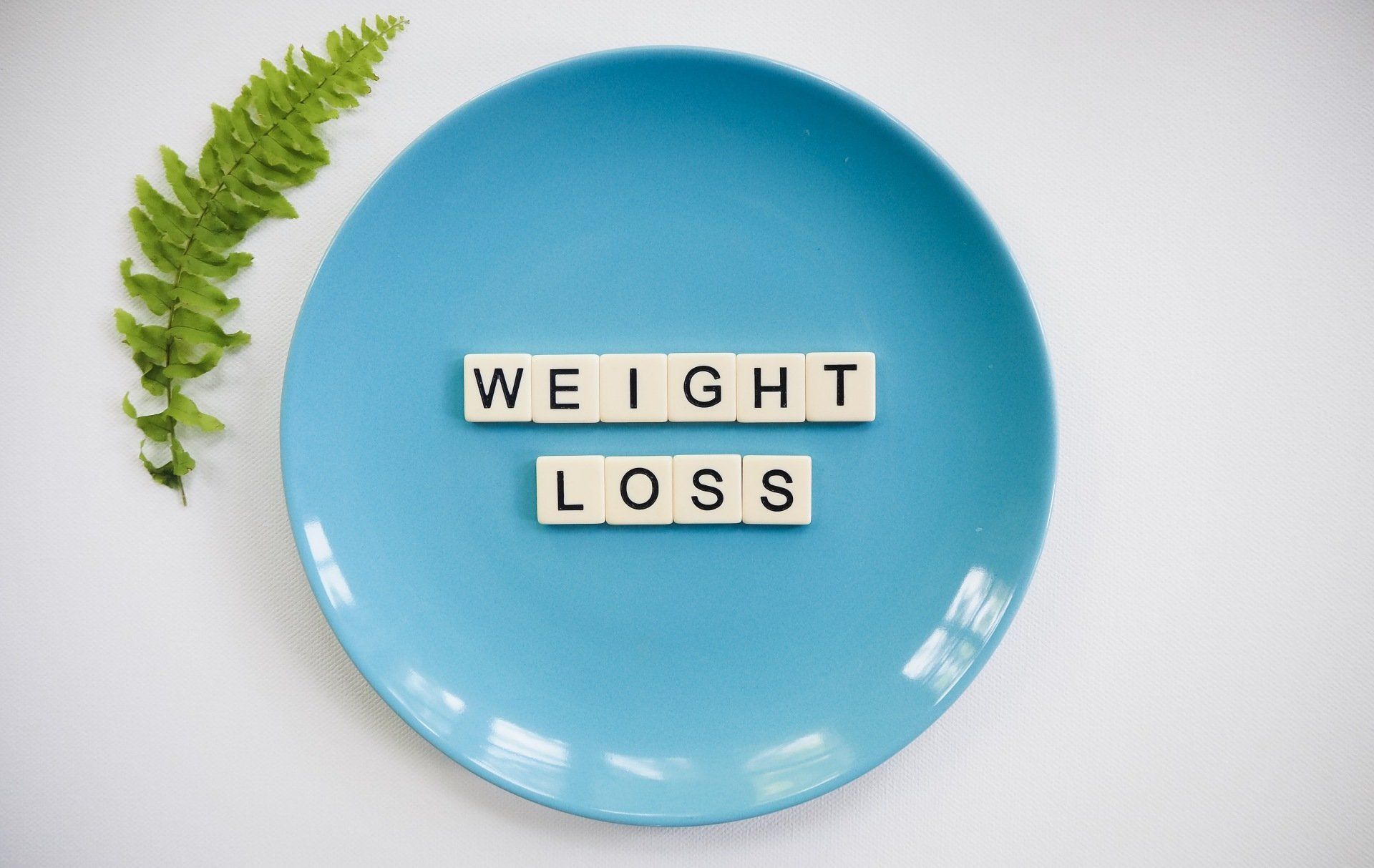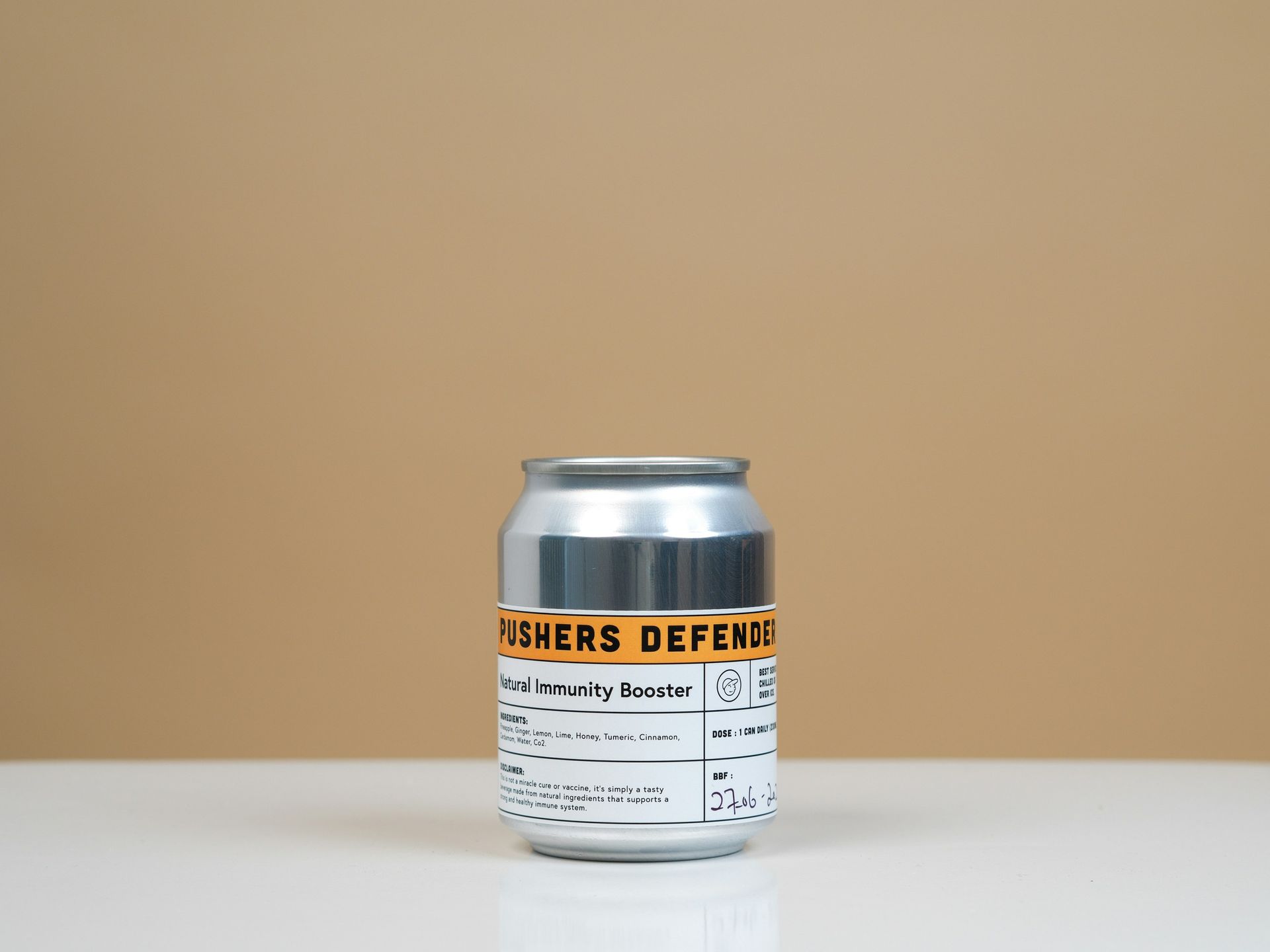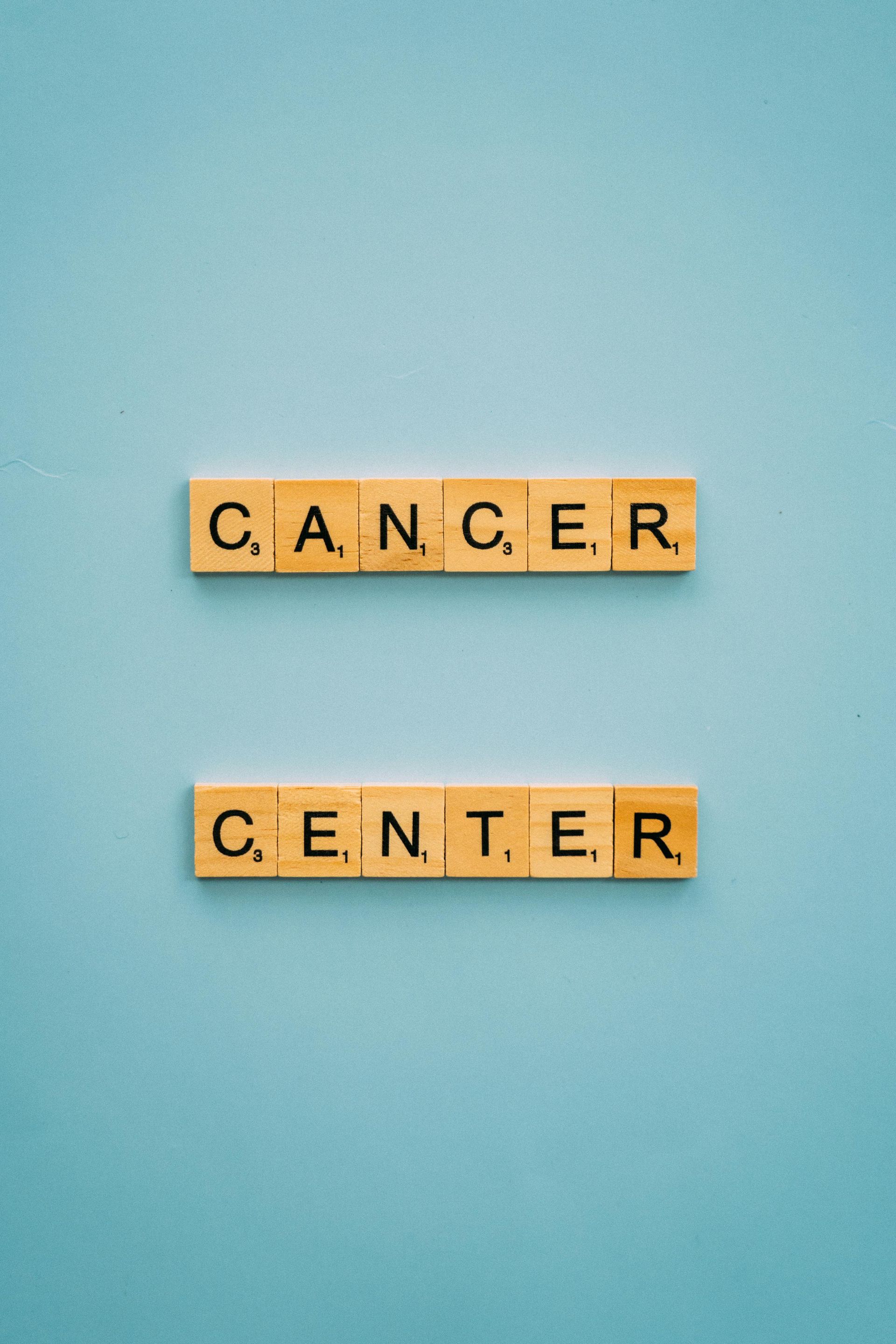How to fight both COVID-19 and Cancer
CAN CANCER PATIENTS SURVIVE COVID-19?
Cancer patients are already in a fight to survive, and with COVID-19 taking over the spotlight, cancer patients wonder whether it is safe to receive chemotherapy as scheduled. I received a ton of questions from concerned patients and their families. I am sharing with you, some of my responses below.
What is COVID-19?
In case you are not up to speed with the news, COVID-19 stands for the Coronavirus- circa 2019. What started out as a viral infection in Wuhan province, China, has now spread to practically most of the countries in the world, threatening us now at our very doorsteps.
Can we continue chemotherapy under Covid-19?
- DAMNED IF YOU DON’T, DAMNED IF YOU DO…
I was excited and optimistic when 2020 arrived. But, for me and my patients, it's suddenly a battle between COVID-19 versus cancer. “Your timing is bad”, I jokingly told Mr. John (not his real name), my patient. “Your cancer is back, and we need to offer you more chemotherapy. “ Chemotherapy, as we know, can sometimes depress our bone marrows, and with that, a low white blood count will also lower our bacteria-fighting blood cells and make us less able to mount a response to infections. Mr. John’s eyes seemed to grow larger. He said, “If I delay chemotherapy, my cancer might grow. What if I receive chemotherapy? Might I become more vulnerable to catching the COVID-19 infection?”
Are we closing the clinic during the COVID-19 pandemic?
For cancer clinics, it is business as usual
In my line of work, COVID-19 hardly dampened the rates of cancer. In my hospital, it is business as usual. Essential services are still operational, if not getting even busier. Every week, new cancer cases continue to show up. Some of my patients in remission are now relapsing, while some of my now “stable” patients are wondering whether to continue chemotherapy or take a break.
More questions… “Will chemotherapy clinics still be open in the event of a total COVID-19 lockdown?”
Your guess is as good as mine. This is a challenging time. A patient will need to weigh the options and see whether the benefits of receiving chemotherapy now outweigh its risks. In a time when COVID infections are likely to strain the health system, we are faced with the looming possibility of not even having chemotherapy sessions for a while. Ask your doctor if they have a disaster preparedness plan in place.
WHAT QUESTIONS SHOULD I ASK MY ONCOLOGIST?
How fast is my cancer growing?
Is it the slow-growing type, or will it grow rapidly if chemo is postponed for months? The keyword here is “rapid” versus “indolent”. Do I have the luxury of watchful waiting until the next CT scan? Or is it better to go in and try to get as much chemo as possible? I don’t want to instill panic, but in an overabundance of caution, we foresee that in the event of a total lockdown, chemotherapy sessions might cease and postponements “could be” prolonged. If you only have one CT scan, you will need another one. One scan is only a snapshot of what your cancer is at this time. You need to compare two scans, spaced far enough apart, to get a sense of how fast, or slow, your cancer is growing.
Is there another way to detect the speed of my cancer growth, without using a scan?
Yes, for some cancers, there is a “tumor marker” blood test available for certain types of cancer. Aside from cat scans or PET scans, are we able to monitor the growth of my cancer via blood tests? Yes. Liver cancers can be monitored via a tumor marker blood test called “AFP or alpha-fetoprotein”. Colon cancers are followed via a CEA , also known as a carcinoembryonic antigen test. Pancreatic cancers use the Ca 19-9 test, and sometimes we also use the CEA test. For neuroendocrine tumors and carcinoid tumors, we follow serotonin levels and chromogranin. Ovarian cancers use the Ca-125 tumor marker. For prostate cancers, we follow the PSA or prostate-specific antigen test and testosterone. Although tumor markers can sometimes not correlate with tumor size ( some tumors are large and still have normal tumor marker levels, therefore are considered “non-secreting tumors’), we still find testing useful since this cuts down on the need to use ct scans and limit our exposure to radiation.
Does your clinic offer telemedicine? Can I see my oncologist via a virtual clinic instead of coming to the office?
In most cases, this can absolutely be done. If you have a computer, laptop, Ipad or smartphone, plus a good wifi connection and camera, you are probably all set. Your doctor can see you using one of the many telemedicine platforms that are now available. Or, in the case of some of my patients, just use the good old fashioned telephone. I had a 70-year-old patient of mine the other day, eagerly await his “virtual clinic” appointment. He had all the necessary equipment, and an email address to boot. But when the time of the virtual appointment came, he was unable to open his email to find my invitation link to the virtual consult. Several minutes later, we gave up, and I called him via phone and completed his visit the old-fashioned way! Not all clinics are willing to do this though. But in the past few days I see more and more clinics shifting to this option. be sure to ask your oncologist!
How about pre-chemotherapy blood draws?“Instead of going to the hospital lab, can I go to a clinic that is closer to my home, or can I “skip” blood draws for now?”
It depends on your cancer, and on the type of chemotherapy that you are receiving. How critical is it for your doctor to know your blood test results? Some biologics like targeted therapies need less monitoring than others. Especially if you have been taking a targeted therapy pill for several months now, AND, if you have had no side effects and no recent dose adjustments, then remote renewals COULD be an option for you. But if you are still experiencing side effects from your drug, or if your doctor is still adjusting your doses, then blood testing might still be required. Home health visiting nurses can sometimes come to your home, instead of you going to the lab. This might depend on your existing insurance coverage and on neighborhood availability. Ask your oncologist to be sure.
I am already on chemotherapy. Will my chemo depress the bone marrow for a very long period of time?
For newly diagnosed patients, if you have not yet experienced chemotherapy, ask your doctor how likely is it for your planned chemo to cause “neutropenia”. Not all chemotherapy are the same. As far as the ability to depress bone marrow, I would say that all chemo drugs will fall under one of the following classifications of “mild, moderate, or severely neutropenic”. This simply means that some chemotherapies are likely to cause low blood counts for prolonged periods of time. Recovery with some drugs might take weeks and sometimes months. During that critical time, we do not know if we will have enough ( or any) hospital beds available for cancer patients. Other chemotherapy drugs (under mild) might be available, that are less damaging to the bone marrow, and recovery can be expected in a matter of a week or two. However, it all depends on whether the choice of chemo is effective for you. Your oncologist is best suited to help you make that balanced decision. Stopping chemo altogether may be good for recovery, but might be very bad for your cancer control.
Am I a candidate for a growth factor injection to help my marrow recover more quickly?
Ask your doctor if you are a candidate for a growth factor injection (i.e. Neulasta or similar colony-stimulating factor). Will it be suitable for you, to help boost recovery after chemotherapy? THis may be an option for those of you with solid cancers. It might not be a good idea if you happen to have blood cancer.
Is there an oral equivalent / version for my chemotherapy?
Some chemotherapies can be switched to an oral or pill/capsule/tablet form. Tablets can be used instead of intravenous administration. Yes. this is certainly possible, however, very few chemotherapies actually have this option. Capecitabine tablets can take the place of 5FU. Some biologics are also in pill form. Several targeted agents are also given orally. Ask your doctor if your situation applies. If you have this option, it will allow you to hunker down at home much longer than if you had to get intravenous treatment.
Can I safely space out the frequency of my treatments?
If you are taking Leuprolide shots every 3 months for your prostate cancer, ask if you can get this every 6- months instead of three. If you receive monthly intravenous IVIG, or intravenous Zometa, can this be spaced out to every two or three months? Slow growing cancers may be a good candidate for this plan.
Do I have low immunity to bacterial infections? Do I have low immunoglobulin levels?
If I happen to catch a viral pneumonia, a bacterial infection on top of that will make matters really worse. Patients with CLL or chronic lymphocytic leukemia, and some lymphoma patients are at risk for catching a really bad bacterial infection on top of a viral pneumonia. This is because they may have low immunoglobulin (antibody) levels. When they do, they are classified as having hypogammaglobulinemia. Hypogammaglobulinemic patients who are already getting monthly intravenous immunoglobulins (IVIG) should check with their doctors to see if they need to replenish their IgG levels. If you are at risk of infections and have had at least two previous hospitalizations requiring treatment with intravenous antibiotics, then IVIG injections might be right for you. Not all patients will qualify, though (because the guidelines are pretty strict). But it doesn’t hurt to ask.
In case of a total COVID-19 lockdown, is there an accessible hotline or telephone number to call for cancer-related questions?
It is usually harder to contact your doctor than it is to call your congressman! Tip-Ask for the direct line to your chemotherapy nurse. They usually will have one. If the practice has telemedicine, or a patient “email or secure messaging system”, register for it and make sure that you use it. Do not rely only on the main clinic or hospital number. You will probably get the round around. Nowadays, doctors and nurses are so busy, they can barely call back patients via phone. Therefore, secure text and office message systems are the easiest ways to send them a message. You will likely get a quicker response this way.
I am afraid to leave my home, even for chemotherapy and bloodwork. Will I get infected?
No one really knows. But one thing is certain, the more people there are around you (a.k.a large gatherings and big families), the higher are the chances of a cancer patient to catch the COVID-19 infection. Wash your hands frequently, wipe down potentially infected surfaces, and use hand sanitizer whenever possible. Ask if your doctor can arrange home visiting nurses who can come and check on you, take your vital signs, and maybe even do your bloodwork. If you are elderly, or unable to move around much because you are on oxygen or in a wheelchair, then this could be a good option for you.
My dad is elderly. but is independently living by himself in a small town. Should he move in with my family during the COVID-19 crisis?
The fact that your dad is independent is great! In pandemic situations, isolation is the best protection. My only concern is if he runs out of food and supplies, especially if a quarantine is enforced for months on end. Will he have enough food, water, and paper supplies to go by? And if he does get infected, will he be able to seek medical attention? Keep in mind that right now, many hospitals have enforced a “no visitation” policy. So even if he gets admitted to a hospital in your hometown, for COVID-19 related reasons, you probably won’t be allowed to visit him. So living in the same town as you will not be much of an advantage as far as a social support during hospitalization. Do you have a large family? If he stays with you in the same household, there is the advantage of being with family support. But with more people under one roof, this means a higher risk of infection. If you have a large family under one roof, he might be able to stay with you but I suggest that he hunker down in a separate guest room or basement bedroom so that he still remains physically isolated, yet accessible to you at all times.
Should I use herbal supplements to fight COVID-19 with chemotherapy?
Because of the lack of a proven cure for COVID-19, the use of herbal supplements for cancer patients is getting some attention. Although most supplements are not FDA approved, they usually receive a designation called GRAS, which means - "Generally Regarded As Safe”. While they are totally legal to sell and use for general consumption, the FDA does not endorse these supplements as being able to cure, diagnose or treat medical conditions. Use your own discretion. Some supplements do interact with chemotherapy, and some may even "neutralize" the chemotherapy effects. Do check with your oncologist and pharmacist before you decide to take a certain supplement, to make sure that they don’t have any serious drug to drug interactions with your chemotherapy.
Will the ketogenic diet (Keto diet) protect cancer patients against COVID-19?
Good question. Since COVID-19 related cancer mortality is tied closely to an overwhelming inflammation, then yes, the keto diet’s anti-inflammatory effects might be helpful. Keto related groceries are less likely to sell out on store shelves. But it is good sense to try and stock up on some supplies before this all gets out of hand.
Above all, keep your distance, stay put at home as much as possible, and remember to wash your hands for 20 seconds with soap and water!
Stay safe, everyone!






